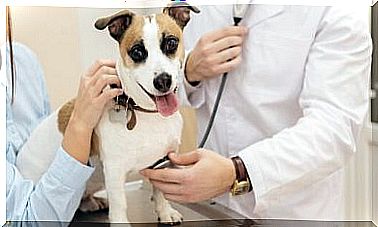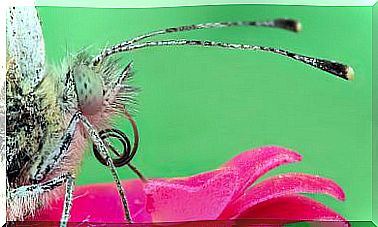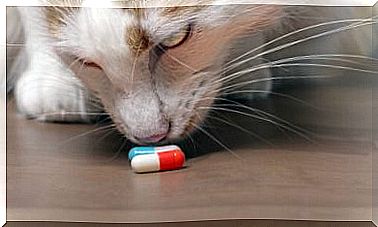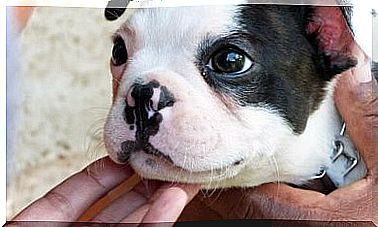What Diseases Can Cats Transmit To Us?

A zoonosis is any disease that animals can transmit to humans. When you have a pet, it is very important to attend to prevention through vaccines and antiparasitics. These are some of the diseases that cats can transmit to us.
How is the contagion of diseases that cats can transmit to us?
Infectious and parasitic diseases are characterized by having an incubation period that goes from when the pathogen enters the body until the animal shows the first symptoms.
During this period, the microorganism has begun to multiply and to be released through secretions, urine, feces … so it is the main moment in which the disease is spread, especially when the incubation periods are long.
The routes of transmission may be different depending on the disease in question and, depending on which it is, it may be more or less easy to get it.
- Direct contact with the infected animal.
- Body fluids : saliva, feces, urine …
- Indirect contact : by vectors, that is, organisms that transmit the disease but are not causing it, such as mosquitoes, ticks, fleas or other animals.
Those that are transmitted more quickly and affect a large number of animals are those that are infected by direct or indirect contact.

Diseases that cats can transmit to us
Toxoplasmosis
It is very widespread, but is frequently asymptomatic, so it goes unnoticed in most cases; if it produces symptoms, they are very mild, similar to the flu. The cause is a protozoan: Toxoplasma gondii.
In children, the elderly, and people who are immunosuppressed, it can cause serious illness, such as lymphoma. In pregnant women it can cause abortion or malformations in the fetus.
Cats are infected by eating infected mice, birds or raw meat, while humans can be infected through the feces of an infected cat, but also from poorly washed vegetables, raw meat or unpasteurized milk.
In the intestine of the cat, the protozoan multiplies forming cysts that are eliminated in the feces and travel through the blood to the muscles where they are quartered.
Cat scratch disease or bartonellosis
Caused by bacteria of the genus Bartonella , cats become infected by flea bites or during fights with each other due to contact with wounds and subsequent blood transmission. Bartonellosis also has no symptoms in felines, but it can cause episodes of fever for two to three days.
When the infection is severe, which is rare, cats may also show vomiting, lethargy, red eyes, swollen lymph nodes, and anorexia.
Humans get bartonellosis, usually from cat scratches. The symptoms they show are fever, swollen lymph nodes, and papules or pustules at the scratch site. In rare cases the disease can spread and affect the eyes or cause encephalitis.
-
Prevent flea infestations in animals and the environment, for which we will deworm our pet once a month.
-
Prevent cats from going outside to avoid fights with stray cats, which is facilitated by neutering.
-
Keep cats’ claws trimmed.
In addition, to avoid contagion –from a sick cat– we must avoid being scratched and, if this happens, wash very well; If the wound gets ‘ugly’, see a doctor.
Ringworm and scabies
They are very contagious diseases, even between people. Ringworm is caused by certain fungi and scabies by mites. A cat with ringworm or mange has lesions on the skin, bald areas and very itchy.
Rage
Like dogs, cats can transmit rabies, although it is a highly controlled disease due to prevention through mandatory annual vaccinations.
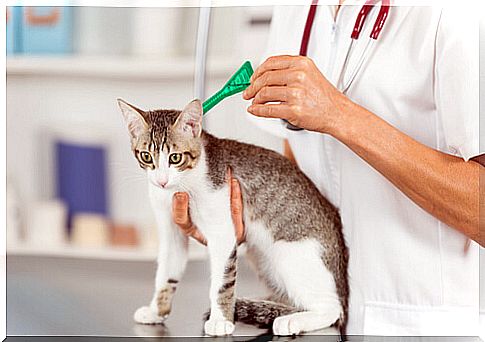
Other diseases that cats can transmit are those caused by flea and tick bites, which can be prevented using collars or antiparasitic pipettes.
Allergies to cat hair or saliva are also quite common among the diseases that cats can transmit to us. We can detect these with an allergy test.
